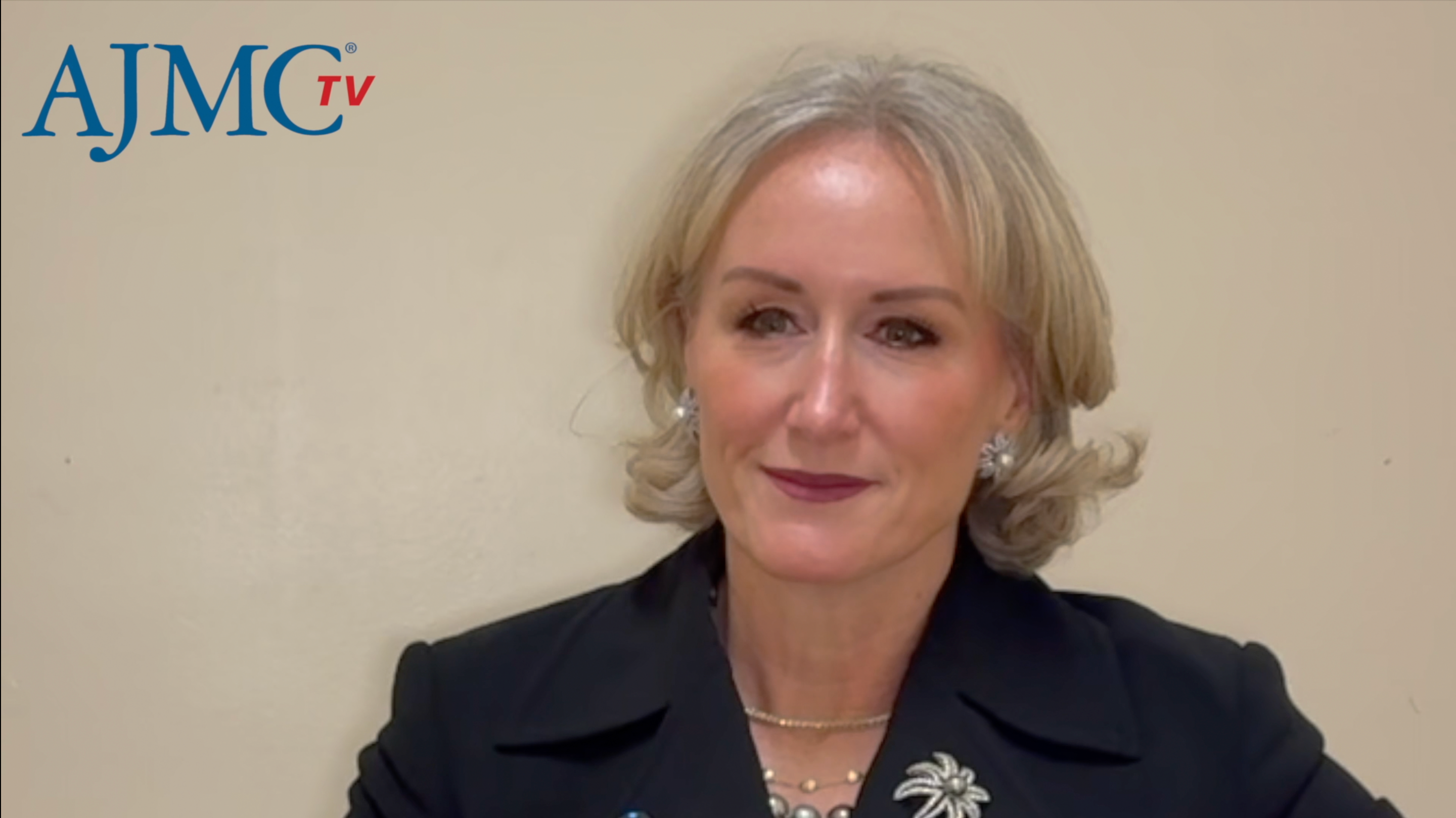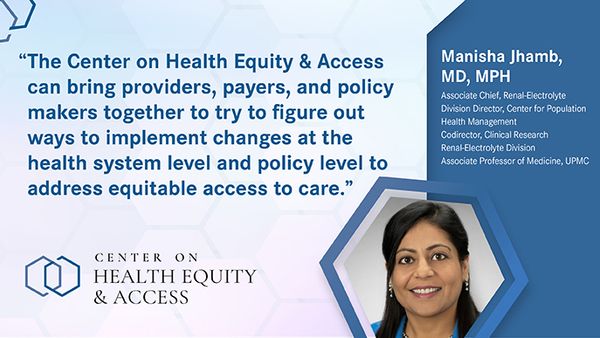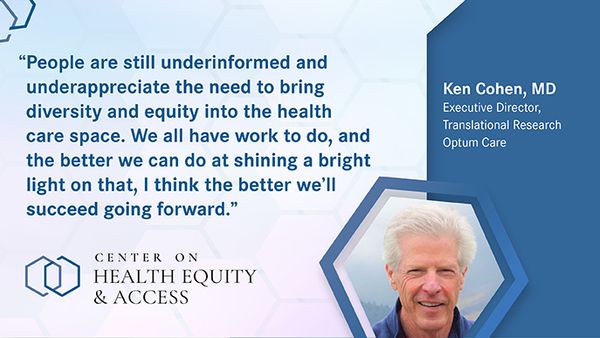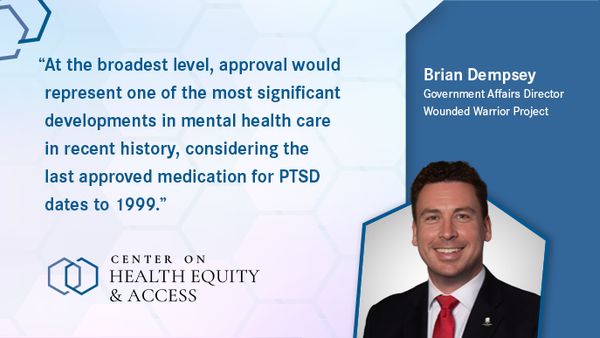
Center on Health Equity & Access
Latest News
Latest Videos

Shorts










Podcasts
CME Content
More News

Aleata Postell discusses CenterWell Pharmacy's partnership with Eli Lilly to dispense FDA-approved obesity management drugs.

Trump Terminates Hundreds of SAMHSA Grants, Threatening Mental Health, Addiction Services Nationwide
Federal grant terminations by SAMHSA threaten vital mental health and substance use services, risking lives amid rising suicide rates and addiction crises.

On average, patients with multiple prior dermatology visits still scored below 75% when identifying common skin cancer terms, underscoring the need for clearer patient-physician communication.

As part of the deal, AbbVie is expanding its direct-to-patient offerings through the TrumpRx program.

ED law enforcement interactions affect survivors of violence and immigrant patients, emphasizing training and advocacy.

This week's news roundup covers updates in health policy, technology, and access to pharmaceuticals.

Patients undergoing lung or colon cancer surgery at rural hospitals that later closed had better outcomes after transfer to high-performing oncology centers.
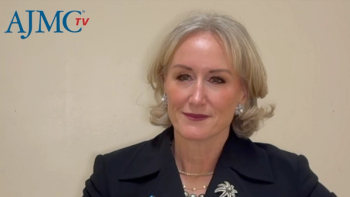
Patient–physician collaboration ensures trials reflect outcomes that matter to patients, according to Debra Patt, MD, PhD, MBA, MPH.

Last week, OpenAI launched AI tools for health care organizations, including ChatGPT for Healthcare, designed to improve care and streamline administrative tasks.

Nursing home capacity has declined since the COVID-19 pandemic, causing greater strain on postacute care, especially in rural areas.

A recent study reveals that medical debt significantly increases the risk of housing instability, highlighting urgent implications for health policy and financial security.
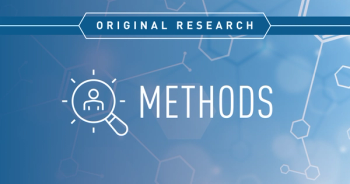
This analysis of more than 250,000 adults at least 50 years old with chronic conditions showed lower portal use among older, non–English-speaking, and Black patients, underscoring digital health equity gaps.

W. Kimryn Rathmell, MD, PhD, FASCO, champions the dyad model to enhance oncology care accessibility, bridging gaps between rural patients and clinical trials.

The complex disparities in pancreatic cancer survival trends across demographics and regions highlight urgent needs for targeted interventions.

Johnson & Johnson partners with the Trump Administration to lower drug prices and utilize TrumpRx.com, joining a growing list of pharmaceutical companies.

Asian women with breast cancer receiving chemotherapy had the highest persistent chemotherapy-induced alopecia (PCIA) incidence and alopecia-related distress vs their White, Black, and Hispanic or Latino peers.

This week, we look at 5 key health care changes the Trump Administration made in 2025, changes to the immunization schedule, and new research on telehealth accessibility.

President Donald J. Trump's health care overhaul during the first year of his second term reshapes Medicaid, vaccine policies, and drug pricing.

Tobacco use significantly impacts gastric and esophageal cancer outcomes, highlighting the need for targeted public health strategies and smoking cessation efforts.

Lower income and higher social deprivation were associated with increased heart failure and arrhythmia risk in patients with hypertrophic cardiomyopathy.

Food insecurity is associated with a lower rate of annual visits but a higher share of telehealth visits for primary and preventive care.

Telemedicine use in rural areas was associated with a higher likelihood of utilizing preventive services.

The CDC announced a significant change to the childhood immunization schedule that would reduce vaccine recommendations.

Economic stability and social factors significantly influence the risk of pediatric long COVID, highlighting the need for targeted health interventions.
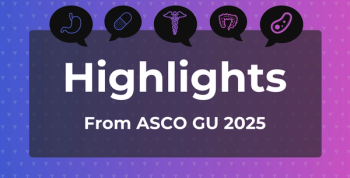
ASCO GU 2025 had groundbreaking advancements in genitourinary cancer treatments, focusing on prostate cancer, renal cell carcinoma, and health equity.

